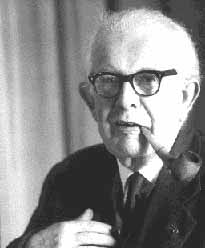Egocentrism in Kindergarten

The class had an opportunity to perform an experiment with the kindergarten class, in which the age range is between 6 through 7. The purpose of the experiment was to test Piaget’s theory about cognitive development of a person—in this case, it was the egocentrism, or the inability to perceive things in others’ point of view, that children in the preoperational stage had.
There were several experiments that my group chose to do, and the results are as of the following:
1. Conservation of volume: There were two identical beakers with the same amount of rice in them. Then, the rice in one beaker was poured into a tall cylinder. The kids were asked, “Which has more rice, or they both are the same?”
Result: Although all three kids knew that there was the same amount of rice in the two beakers, when asked if the beaker or the cylinder had more rice, the answer of the kids was the cylinder. When asked why, they all said that the cylinder was taller, so it contained more rice.
2. Conservation of volume: Two rows of coins were laid out, 5 coins for each row. Then, the kids were asked, “Which row has more coins?” After that, the coins in one row were spaced out, giving the row more length, then the same question was asked again.
Result: When asked the first time, all the kids got the correct answer, which was that the row had the same number of coins, but when later asked after the coins in one row were spaced out, the answers were different. One girl got the correct answer while the other two kids answered that the longer row had more coins.
3. Class inclusion: Five squares and four circles of the same color were prepared. The shapes were laid out, so that each square was paired with another circle (with one square left). The kids were asked, “Are there more squares or more blue ones?”

Result: All three kids answered that there were more squares although there were more blue ones. When asked why, they said that it was because one square did not have a circle partner.
To conclude the experiment, my group can say that the kids are mostly still in the preoperational stage because they show egocentrism, although some of them might start to develop more mature cognitive abilities and become less egocentric. These kids are not stupid or dumb, they just do not have the cognitive abilities like adults have; their brain is not fully matured. Piaget is correct in his theory that every person must go through different stages of cognitive development, but what he is wrong about is the age of the kids in different stages; there are always exceptions in the human kind.
